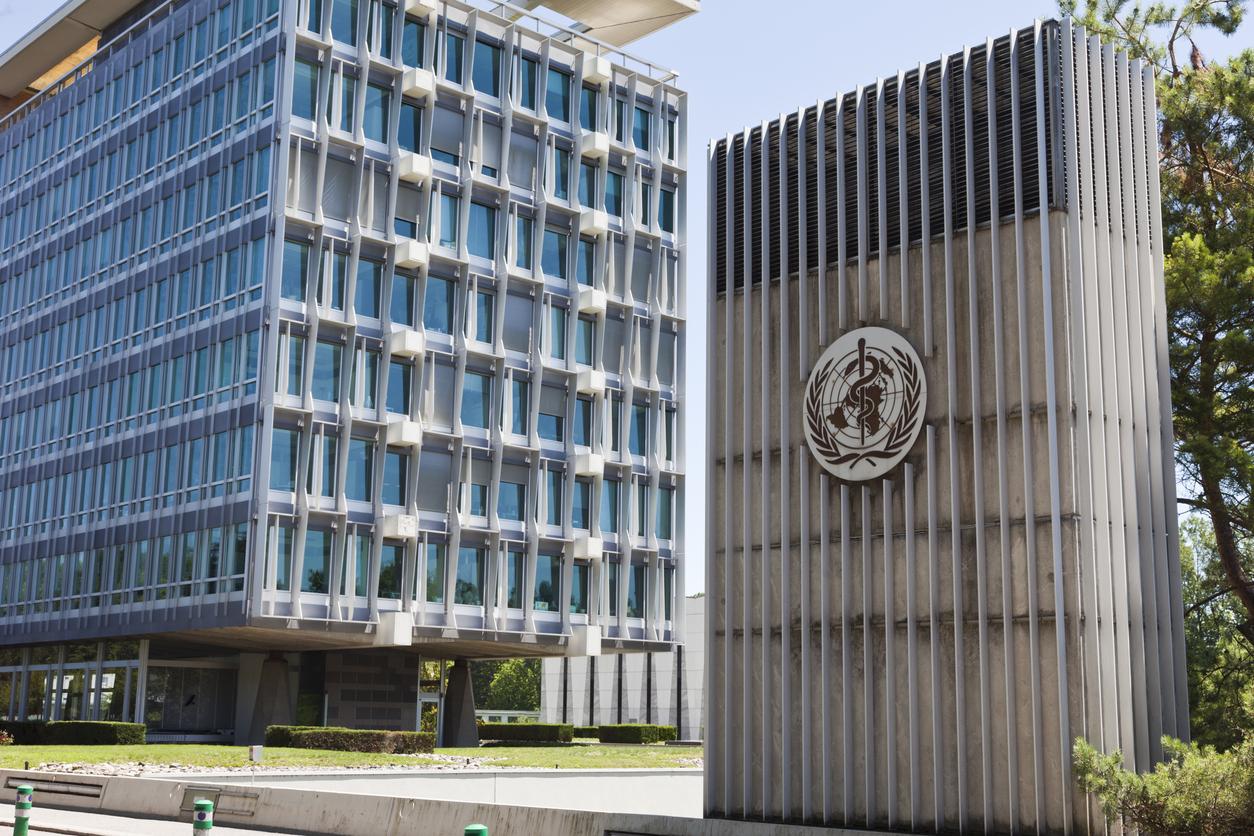Feb. 12, 2002 – In the February issue of JAMA (Journal of the American Medical Association), Toronto researchers raise ethical questions for medical decision-makers.
On February 6, researchers from the University of Toronto delivered the results of a cross-sectional survey of 44 national committees (North America and Europe) whose task is to establish, for treating physicians , the guiding principles of clinical activities with regard to various diseases: diabetes, hypertension, asthma, cancer, etc. This investigation focused on the links that the authors of these guidelines had with the pharmaceutical industry between 1991 and 1999. Note: the committees responsible for establishing the guidelines have a huge influence on medical practice since the authors are recognized. as experts in their field, that they are expected to present an objective synthesis of the latest medical research, and that their state-sanctioned recommendations are generally followed by the vast majority of medical practitioners.
One hundred out of 192 authors, representing 37 out of 44 committees, responded to the survey. Eighty-seven percent of them admitted to having links of various kinds with the industry: thus 38% had already worked as employees or worked as consultants in pharmaceutical companies and 58% had received financial assistance. of firms for medical research purposes. In addition, 59% admitted that they had links with companies whose drugs were specifically discussed in the text of the guidelines they had drafted.
According to the Toronto researchers, this data could underestimate the problem as only 52% of the authors contacted agreed to take the survey. Of the respondents, 19% said they believed their co-authoring colleagues’ ties to the pharmaceutical industry influenced their decisions on the committee, while 7% said they believed their own ties to the industry influenced their decisions.
Fifty-five percent of respondents admitted that the committee they worked for had not established any specific measures to encourage experts to openly declare their ties to the industry. Of the 44 committees assessed in the study, only two mentioned in the text of the guidelines the links that their authors had with industry.
Paulette Vanier and Pierre Lefrançois – PasseportSanté.net
According to Reuters Health, February 5, 2002
1. Niteesh K. Choudhry, MD, FRCPC; Henry Thomas Stelfox, MD, FRCPC; Allan S. Detsky, MD, PhD, FRCPC. Relationships Between Authors of Clinical Practice Guidelines and the Pharmaceutical Industry. JAMA. 2002; 287: 612-617















